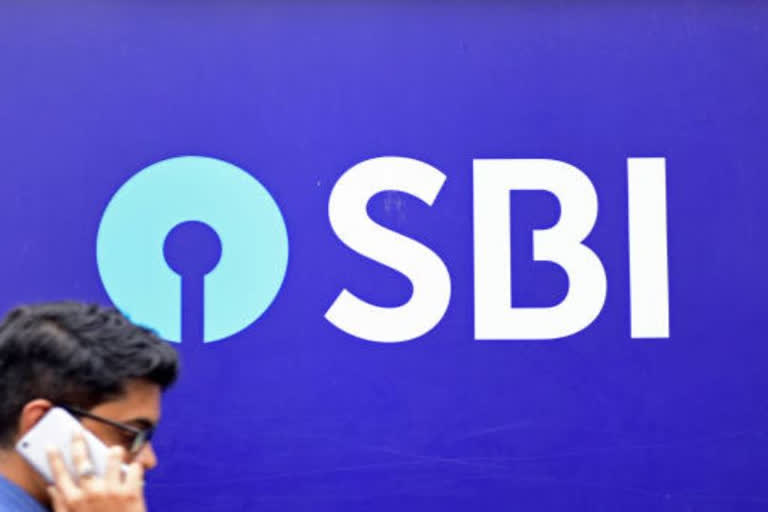New Delhi: The economic turbulence due to Covid-19 is expected to push India's debt-to-GDP ratio higher, according to a SBI Ecowrap report on Monday. Together with the declining GDP growth, debt-to-GDP ratio has been adversely affected in all countries.
"India's debt-to-GDP ratio has increased gradually from Rs 58.8 lakh crore (67.4 per cent of GDP) in FY12 to Rs 146.9 lakh crore (72.2 per cent of GDP) in FY20," it said. Higher borrowing this fiscal was likely to increase the gross debt to around Rs 170 lakh crore (87.6 per cent of GDP), it added.
According to the report, external debt is estimated to increase to Rs 6.8 lakh crore (3.5 per cent of GDP) in the expected gross debt for FY21.
"Of the remaining domestic debt, component of state's debt is expected at 27 per cent of GDP. Interestingly, the GDP collapse is pushing up the debt-to-GDP ratio by at least 4 per cent, implying that growth rather than continued fiscal conservatism is the only mantra to get us back on track," it said.
Read more:Taxpayers to get full details of transactions in Form 26AS
"We reiterate the current thinking of rating downgrade in policy circles is a false negative as India's rating is likely to face a litmus test of downgrade in FY21, depending on what we have done to bring growth back to track," the SBI Ecowrap report said.
This higher debt amount will also lead to shifting of the FRBM target of combined debt to 60 per cent of GDP by FY23 by 7 years with the target now seem achievable in FY30 only.
"The moot point is the sustainability of the debt. The current foreign exchange reserves are sufficient to meet any external debt obligations. On the internal debt, since most debt is domestically owned, its servicing is not an issue," it said.
"In the current situation, our nominal GDP growth is likely to contract significantly and based on this our interest-growth differential will turn positive in FY21, thus raising serious questions on debt sustainability," the SBI Ecowrap report said.
(IANS Report)



